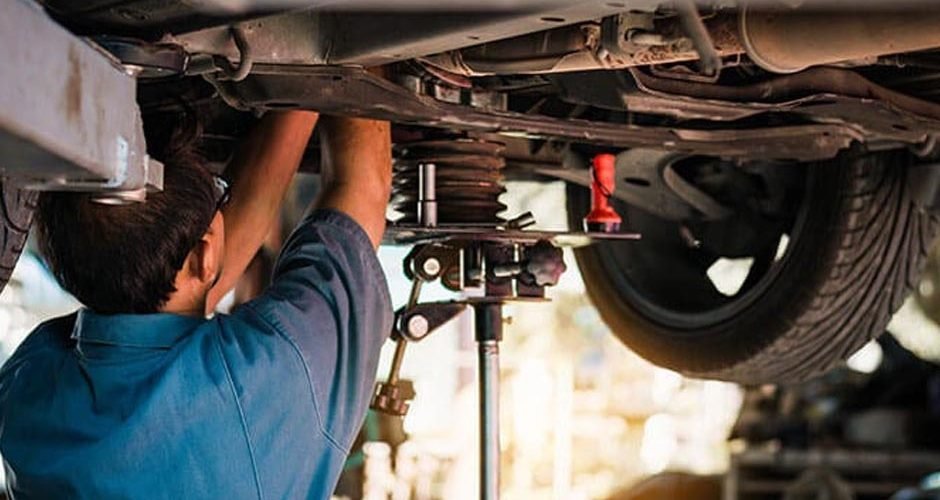Effectively managing a fleet of vehicles can be daunting, requiring careful consideration of numerous interconnected components. One of the most critical aspects of managing a fleet is proper maintenance. With it, a fleet’s functionality and lifespan could be protected. Fleet maintenance covers many activities, from simple oil changes to complex repairs.
Staying on top of these tasks is essential for avoiding breakdowns on the road, reducing overall operating costs, and maximizing the value of the vehicles in the long term.
This article will explore the benefits of having fleet maintenance, common types, and why adhering to a maintenance schedule is crucial. We’ll also share some tips for keeping up with your fleet maintenance schedule.
Table of Contents
The Benefits of Regular Fleet Maintenance
Consistent upkeep is critical to optimizing your fleet’s performance. It not only boosts the safety of your vehicles but also enhances their efficiency and longevity. Moreover, keeping up-to-date with maintenance tasks helps ensure adherence to all relevant regulations.
As an individual overseeing a fleet, dedicating resources towards consistent upkeep is a strategic investment towards the sustainability and prosperity of your business. It offers long-term financial savings and provides reassurance that your vehicles are functioning at their optimum capacity. Hence, make regular maintenance a key component of your fleet management plan, and observe the dividends it yields.
Common Types of Fleet Maintenance
When it comes to fleet maintenance, there are a few common types that you should be familiar with. First up is preventive maintenance. This involves regularly inspecting and servicing vehicles to keep them in good working condition and prevent more significant issues.
Corrective maintenance, however, is all about fixing problems that have already emerged, whether replacing worn brake pads or repairing a broken transmission.
Lastly, predictive maintenance relies on data and analytics to anticipate when maintenance will be needed based on usage and wear and tear. By staying on top of these types of fleet maintenance, you can help keep your vehicles running smoothly and avoid costly breakdowns.
The Importance of Adhering to Scheduled Maintenance Checkups
Adhering to scheduled maintenance checkups is crucial to reap the benefits of fleet maintenance. Regular checkups help identify minor issues before they escalate into significant problems that could lead to costly repairs or vehicle downtime. Moreover, it ensures that vehicles comply with safety and emission standards, which is critical in avoiding legal repercussions.
Tips for Keeping up with Your Fleet Maintenance Schedule
Working with reputable service providers specializing in fleet maintenance is essential. These professionals have the knowledge and expertise to keep your vehicles running smoothly. Training your drivers to perform basic maintenance tasks like checking tire pressure and oil levels is also essential. This can help catch issues before they become significant problems.
It’s crucial to keep thorough documentation of each maintenance activity. This helps monitor completed tasks and identify pending ones. By adhering to these guidelines, you can effectively manage your fleet maintenance, thereby ensuring the longevity of your vehicles on the road.
In Conclusion – What is fleet maintenance?
Fleet maintenance is a critical aspect of fleet management that helps maintain vehicle safety, efficiency, and longevity. By adhering to a regular maintenance schedule, employing effective strategies, and working with reputable service providers, companies can ensure their fleet remains in top shape while saving costs and boosting operational efficiency.





